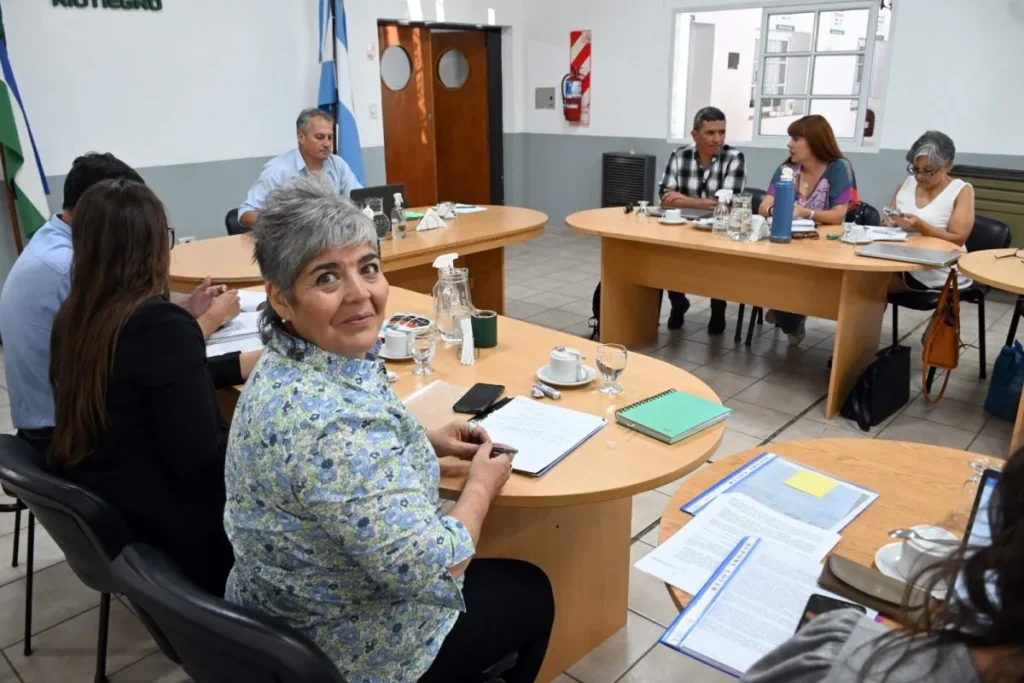Introduction
Supplication haggling, a lawful procedure where a defendant confesses to a lesser allegation or less charges. In return for a decreased sentence, is a widely involved practice in numerous overall sets of laws worldwide. In Latin America, this training, frequently alluded to as ofrecimiento de cargos, is a complex and frequently dubious issue.
Understanding Ofrecimiento de cargos
Ofrecimiento de cargos is a Spanish legitimate term that means “proposition of charges.” It alludes to the cycle where examiners offer defendants a request deal, for the most part including a diminished sentence or a lesser allegation, in return for a liable supplication. This training is designed to smooth out the legal cycle, diminish caseloads, and facilitate equity.
Nonetheless, the execution and viability of ofrecimiento de cargos change fundamentally across various Latin American nations. Factors like legitimate structures, legal culture, and cultural attitudes towards law enforcement impact the way this training is applied.
The Pros and Cons of Ofrecimiento de cargos
Pros:
- Diminished Caseload: Supplication dealing can fundamentally decrease the quantity of cases that go to preliminary, in this manner easing the burden on the legal framework.
- Quicker Equity: By keeping away from extended preliminaries, request bartering can speed up the equity cycle, guaranteeing faster goals for casualties and defendants.
- Decreased Expenses: Request bartering can save significant expenses related with preliminaries, including legitimate charges, court costs, and witness charges.
- Diminished Hazard: For defendants, supplication haggling can relieve the gamble of a more brutal sentence whenever indicted at preliminary.
Cons:
- Potential for Shamefulness: Pundits contend that request dealing can prompt illegitimate convictions, particularly when defendants feel constrained to concede to keep away from more extreme punishments.
- Disintegration of Freedoms: Some contend that request dealing undermines the right to a fair preliminary and the assumption of guiltlessness.
- Dissimilarity in Results: Request bartering can prompt abberations in condemning, with defendants from distraught foundations or with restricted legitimate portrayal frequently getting more extreme deals.
- Public Discernment: the general population might see request bartering as a framework that focuses on practicality over equity, particularly when high-profile cases are settled through supplication deals.
The Role of Ofrecimiento de cargos in Latin America
In Latin America, ofrecimiento de cargos has been a subject of much debate and discussion. While it very well may be a valuable device for smoothing out the equity framework, it is fundamental to guarantee that it is utilized morally and reasonably.
To address the expected disadvantages of request bartering, numerous Latin American nations have carried out changes and guidelines to control the training. These changes frequently include:
- Clear Legitimate Structures: Laying out clear lawful systems to administer request haggling, including explicit measures for offering deals and shields to safeguard defendants’ privileges.
- Legal Oversight: Guaranteeing that judges assume a functioning part in evaluating supplication arrangements to forestall uncalled for or coercive deals.
- Straightforward Methodology: Making the supplication haggling process more straightforward by expecting examiners to reveal pertinent data to defendants and their legitimate advice.
- Powerful Legitimate Portrayal: Guaranteeing that defendants approach capable lawful portrayal to arrange supplication deals actually.
- Public Responsibility: Advancing public mindfulness and responsibility by uncovering data about request arrangements, especially in high-profile cases.
The Impact of Ofrecimiento de cargos on Victims
Casualties of wrongdoing frequently have deeply felt suppositions about request haggling. While certain casualties might favor a fast goal and the sureness of a conviction. Others might feel that request bartering undermines their privileges and neglects to provide adequate equity.
To address the worries of casualties, numerous wards have executed casualty influence proclamations and different measures to guarantee that casualties’ voices are heard in the request haggling process.
FAQs
-
What is ofrecimiento de cargos?
-
Ofrecimiento de cargos is a Spanish legitimate term that alludes to the most common way of offering a supplication deal to a defendant in return for a blameworthy request.
-
What are the benefits of ofrecimiento de cargos?
-
Supplication haggling can decrease caseloads, speed up equity, and save costs.
-
What are the drawbacks of ofrecimiento de cargos?
-
Supplication haggling can prompt improper convictions, erode the right to a fair preliminary, and make variations in condemning.
-
How can the negative impacts of ofrecimiento de cargos be mitigated?
-
By carrying out clear legitimate systems, legal oversight, straightforward strategies, and successful lawful portrayal.
-
What is the job of casualties in the request haggling process?
-
Casualties ought to be educated about request arrangements and have the amazing chance to provide input through casualty influence proclamations or different means.
Conclusion
Ofrecimiento de cargos is a complicated issue with critical ramifications for the organization of equity in Latin America. By understanding the upsides and downsides of this training and carrying out suitable shields. It is feasible to tackle its possible advantages while limiting its dangers.
As Latin American nations keep on wrestling with the difficulties of prison regulation, is vital to work out. Some kind of harmony among productivity and reasonableness in the utilization of supplication haggling. By taking on evidence-based approaches and focusing on the freedoms of the two defendants and casualties. Making an all the more and fair overall set of laws is conceivable.



